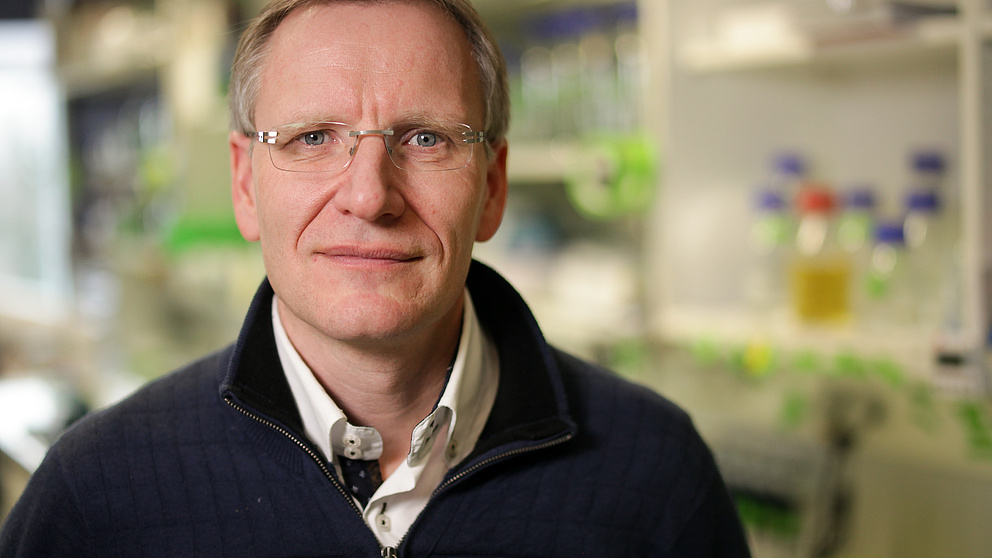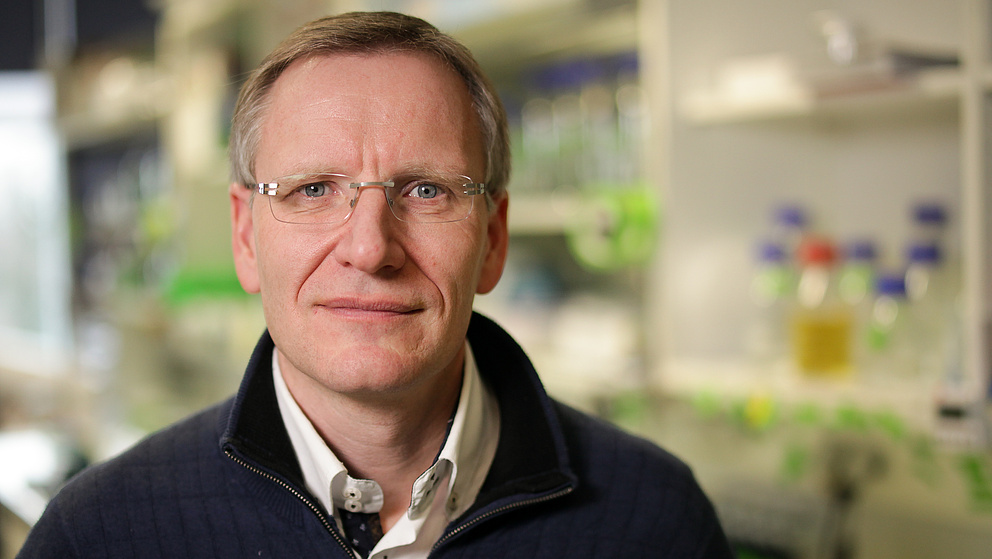Jump to the content
- {{#headlines}}
- {{title}} {{/headlines}}
Environmental Microbiology / Bioprocess Engineering
The beings on whom all hopes are pinned are miniscule and live in complex communities: bacteria play a key role in gas fermentation, one of the most important sources of clean energy for the future. How to optimise and employ bacteria to synthesise fuels and chemicals is the subject of Lars Angenent’s research. A leading international bioprocess engineer, he himself developed the principles on which his most recent work is based by analysing the composition and interaction of microbial communities in the air of environments like hospitals and fermentation plants. He successfully puts his findings into practice in his own firm which develops and optimises microbes to store hydrogen and carbon dioxide in the form of methane.
Brief bio
Born in the Netherlands in 1969, Lars Angenent has been a full professor in the Department of Biological and Environmental Engineering at Cornell University, Ithaca, USA, since 2015. After studying environmental sciences in Wageningen, Netherlands, he transferred to Iowa State University in the USA where he completed his doctorate. After holding positions at several universities, he became an assistant professor in the Department of Energy, Environmental & Chemical Engineering at Washington University in St. Louis in 2002 and an associate professor in the Department of Biological and Environmental Engineering at Cornell University in 2008. In 2014, he also held a visiting professorship at Ghent University in Belgium. Angenent has received numerous honours and awards, such as the National Science Foundation’s CAREER Award in 2007 and the U.S. National Academy of Science’s Kavli Fellowship in 2008. In April 2017 he took up his position as a Humboldt Professor at the University of Tübingen.
(no longer receiving sponsorship)

Kontakt
Presse, Kommunikation und Marketing
Tel.: +49 228 833-144
Fax: +49 228 833-441
presse[at]avh.de



